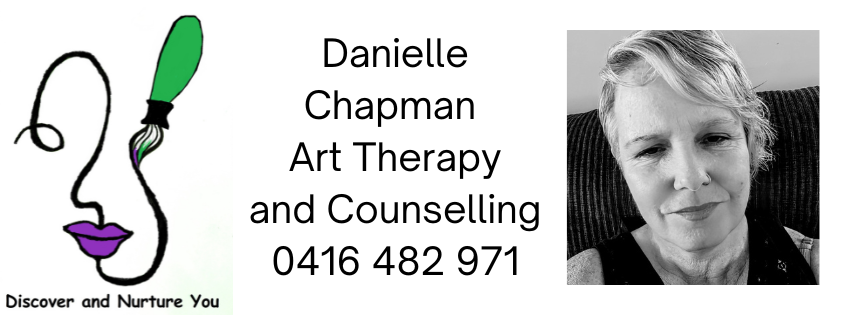
![]() We value your privacy and would never spam you
We value your privacy and would never spam you
Family
-Traditionally, a family usually consisted of parents and children. These days, a family can take many forms, including:
- Blended family
- Extended family
- Families tied by blood, marriage and defacto relationships
- Foster and adoptive families
- Same-sex parented family
- Separated parent family
- Single parent family
- Step family
- Family life can be a source of comfort, love and security. Being part of a stable and happy family can foster a fulfilling sense of belonging in adults, adolescents and children.
-Research shows that healthy family relationships can improve our general outlook on life, sense of wellbeing and physiological resilience.
-Yet family life can also be challenging. A family is a group of individuals with different personalities, opinions and attitudes, and conflicts often arise. Family interactions can cause pain and misunderstanding if family members are struggling to communicate and support each other effectively. Families frequently find themselves in entrenched patterns of destructive behaviour or negative interaction, and may have difficulty identifying how to make changes – or even lose faith that the potential for positive change exists.
- Families may be adversely affected by many different major life transitions and events. These are some of the most prevalent reasons our clients seek family counselling:
- Blended and step family issues
- Cultural differences
- Death of a family member
- Emotional and behavioural issues: children and adolescents
- Family member substance misuse
- Family disputes and conflict
- Family violence
- Financial stress
- Illness and disability within the family
- Parenting concerns
- Separation and divorce
- Trauma resolution
- Other
- The family counselling process usually involves two or more family members working to better understand each other’s viewpoint and concerns.
-Family counselling acknowledges that each person contributes to the family group from their own set of values and perspectives, using their unique personality and interactional style. As such, there are always multiple experiences of reality at play within the family system.
-The goal of family counselling is to reconcile all those versions of events and relationships in a way that creates trustful co-operation, whilst minimising conflict.
-Counsellors can help family members to:
- Genuinely hear each other
- Gain meaningful insight into each other’s perspectives
- Effectively and respectfully negotiate relationship needs
- Learn to take responsibility for their own actions and reactions within the family context
- Identifying ways to communicate more effectively and deal with conflict proactively are at the core of family counselling. These interpersonal tools are essential to creating and maintaining a healthy, harmonious family unit. Call now….
